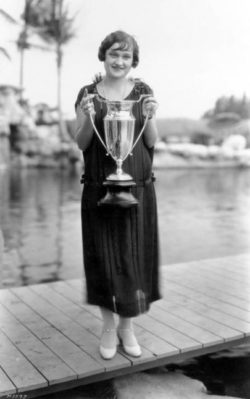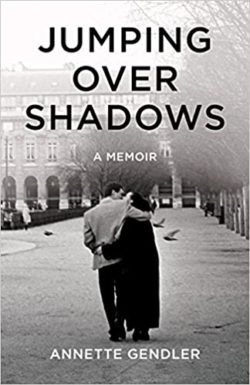I just wrapped up serving as one of the judges in the Hemingway Shorts contest sponsored by the Hemingway Foundation of Oak Park, and I thought I’d share some of the insights I came away with:
Don’t start your story with a weather report unless the weather is the main topic.
This is my number one pet peeve from judging this contest. About 80% of the stories submitted began with a weather report, and about 95% of them had nothing to do with the weather. Beginning with the weather is not the way to distinguish your work from a pile of submissions. Weather reports are boring, so even if the weather is the topic, get on with it.
Have your protagonist appear in your first paragraph.
Readers relate to people, not things. Ditto the weather issue. If I couldn’t figure out who this story is about by the first paragraph, chances are I didn’t read on.

Too many actors spoil the story.
A short story is, after all, short! Too many characters diffuse the action and tension, plus your reader gets easily confused if there are a lot of names to follow. It’s another way to lose the reader’s attention, and a contest judge has to pay attention to a lot of stories. If yours makes this hard, it’s not going to happen.
Mind your grammar, word choice, and spelling.
Errors in any of these resulted in prompt rejection. By definition, a writing contest is looking for the best writing in a given genre, and the best writing does not contain errors. While spelling errors weren’t prevalent, I was astounded by the number of entries that had obvious language issues, such as using “attendance” when “attending” should have been used. Have someone else read your work before you submit, as those are the kind of errors the writer will easily miss.
Keep to the word limit.
Entries above the word limit were immediately deleted. While I didn’t come across many of these, there were still some.
Submit early.
Judges have to begin reading submissions before the deadline because of the sheer volume. A lot of submissions do come in right before the deadline, but a judge will also simply get tired from reading the flood and might have already settled, in his or her heart, on the top choices.
Stay away from imitating a famous writer’s work.
Because this was a “Hemingway” contest, we received a bunch of submissions that either featured Hemingway himself, or used one of his stories as a template, or mentioned his work. We didn’t like any of these; they came across as gimmicky and forced.
Avoid war stories.
We had too many of those and, because of the third point, most of those didn’t work. This prevalence of war stories might again have been due to the “Hemingway” name, so one lesson here, to distinguish your work from the pile, might be to consider what clichés travel with the contest you’re submitting to and how you can counteract that.
A female point-of-view or a younger person’s point-of-view are rare, and well written stories with those POVs are even more rare.
Again, the folks submitting to a short story contest with the “Hemingway” name attached to it might have been a preselect group, so take this with a grain of salt, but still, if your stories feature these POVs, you might be in the minority. This doesn’t mean you have to be a woman to write from this POV. In fact, the winning entry featured a female protagonist but turned out to be written by a man.
Rejection is easy.
There weren’t that many stories I read to the end. If a story piqued my interest in the first paragraph, I kept on reading and, if it had my attention by the third or fourth, it at least ended up in the “maybe” pile.
Coming up with a winner wasn’t hard. We judges were surprised that we instantly agreed on the most outstanding story. It had the most unique point-of-view, expertly executed. Choosing the ten finalists that would be published in the first Hemingway Shorts anthology along with the winner was harder. Presenting a variety of voices and topics became the decisive factor in making our selection, and we did have to let some good stories go.
Judging a writing contest takes less time than you think.

When I agreed, as a former writer-in-residence at the Hemingway Birthplace Home, to judge this contest, I expected it to be a huge time commitment. It wasn’t. As outlined in points two through five, I ended up not having to read all of the submissions that came my way. My job was, after all, to weed out.
I hope some of my insights here are helpful if you’re considering submitting to a writing contest. Going by my experience, if your work is polished, adheres to the guidelines, has a beginning, a middle and an end as well as a narrative thread that pulls through, chances are you will make the first cut.
BIO: Annette Gendler is the author of Jumping Over Shadows, the true story of a German-Jewish love that overcame the legacy of the Holocaust, as well as the guide How to Write Compelling Stories from Family History. She has been teaching memoir writing at StoryStudio Chicago since 2006. Visit her at annettegendler.com.
Leave a Reply